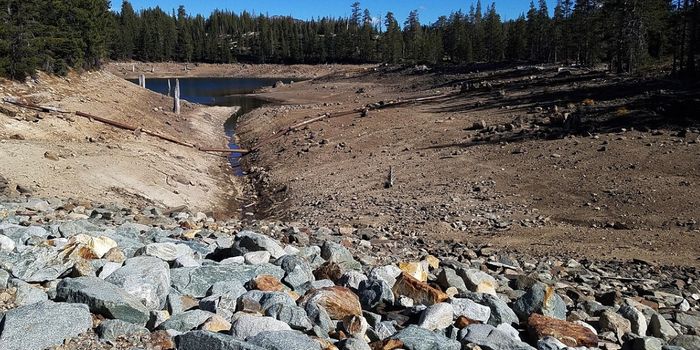With climate change ever-lurking and the impending presidential election to determine the U.S’s next leader who will commit to how the country will address fossil fuel usage, talk of a carbon tax has been in the air. A carbon tax stands for a tax on carbon dioxide emissions - a.k.a. the pollution that each individual’s carbon usage emits. Did you know that two out of every three Americans support a refundable carbon tax?

According to
CarbonTax.org, “A carbon tax is a fee intended to make users of fossil fuels pay for climate damage their fuel use imposes by releasing carbon dioxide into the atmosphere, and also to motivate switches to cleaner energy. Because CO2 is released in strict proportion to the fuel’s carbon content, the carbon tax can be levied “upstream” on the fuel itself.”
What does that mean exactly? Well, the compounds of every fossil fuel — coal, oil and gas — are carbon and hydrogen atoms. Oxidizing (combusting) those atoms releases their heat energy. Natural gas has the highest hydrogen per carbon ratio, making it the least carbon-intensive fuel, while coal is the opposite. When these fuels are burned, CO2 is released into the atmosphere and remains resident there, trapping heat re-radiated from Earth’s surface and causing the dreadful climate change that we’ve come to know well. The neat aspect of this carbon counting is that the carbon content of every form of fossil fuel, from anthracite to lignite coal, from heating oil to natural gas, is precisely known. A carbon tax would obey these proportions, taxing coal more heavily than petroleum products, and much more than natural gas. This makes a carbon tax simple to document and measure.

Although the U.S. slipped behind China as the world’s largest emitter of carbon dioxide a decade ago, we still accountsfor around 20% of the world’s CO2 emissions from fuel-burning. Because fewer than 5% of the world’s people are Americans, per capita we emit almost 5 times as much CO2 as the average non-American. Historically, the disparity is even greater; and because carbon dioxide molecules persist in Earth’s atmosphere for around a century, our past emissions are disproportionately responsible for causing climate change now and in the future. That means that following any moral calculus, the United States bears a heavy responsibility to cut emissions massively and rapidly.
Which is why it’s so important that we vote accordingly to make our politicians realize how much we need a carbon tax! But aside from why we need it, you might be wondering how exactly a carbon tax would affect YOUR household. How much money would YOU be required to pay a month for your coal-based electricity usage or pumping gas for your car? To find out an estimate for your number, you can go to
https://carbotax.org/ and answer several questions that will give you an idea of how much your carbon emissions might cost you. Furthermore, you might be wondering if there will be certain programs in place to help compensate impacts on low-income families, or if a carbon tax will lesson the U.S’s dependence on foreign oil, or why subsidizing renewable energy technologies isn’t enough. To find out the answers to these questions and more, you can visit
https://www.carbontax.org/faqs/.
Sources:
Carbon Tax,
The Huffington Post,
CBC











